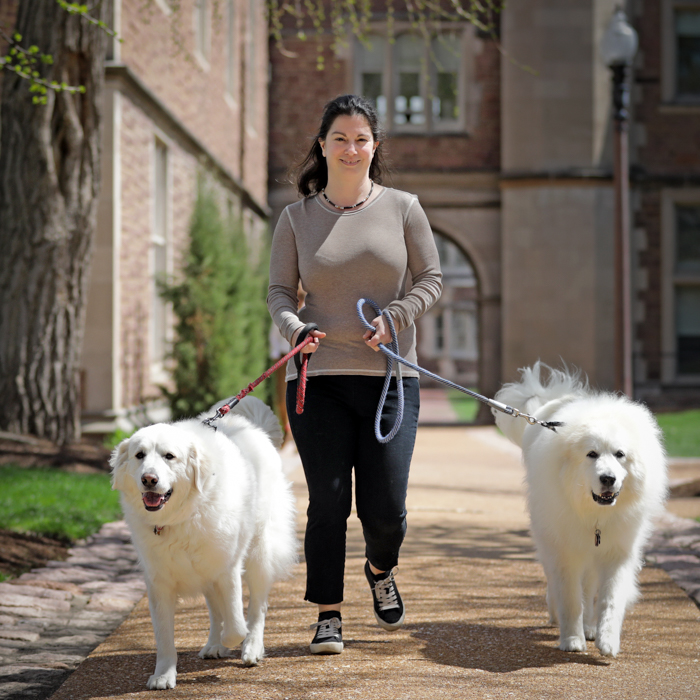WashU is “no-loan” for all
As part of our commitment to always put students first, Washington University is expanding its “no-loan” financial aid policy to include all admitted undergraduate students beginning in fall 2024. This means that need-based loans will be replaced with scholarships and university grants in all financial aid packages, ensuring that all admitted students can obtain a world-class WashU education without going in to debt. This policy is the latest step in a long, comprehensive strategy to expand access and financial aid at the university. Other components include the WashU Pledge and our need-blind admission policy.
Upcoming Deadlines
-
May 1
- Regular Decision – Candidate reply date
- Transfer Student – Admissions and financial assistance decisions released by
-
May 15
- Transfer Student – Candidate reply date
-

Alumni Spotlight
Morgan DeBaun
CEO of Blavity
Morgan DeBaun co-founded Blavity, a news and entertainment website featuring stories told from a black point of view.
-

Faculty Spotlight
Jennifer R. Smith
Vice Provost for Educational Initiatives and Professor of Earth & Planetary Sciences
Dr. Smith’s duties include enhancing equity in undergraduates’ academic opportunities, experiences and outcomes and deepening student research experiences.
-

Alumni Spotlight
Anne Schaefer
Artist
Anne Schaefer, a 2001 alumna, was commissioned to create “it comes and it goes,” a 12-panel mural for the new Anabeth and John Weil Hall.
Meet peers who cheer you on
7:1
student to faculty ratio
3000
research projects underway each year
50
countries represented by the undergraduate student body
100%
admitted students have financial need fully covered
Experience one of the best campuses in America, right here in St. Louis

News & Announcements
-
Washington University adopts ‘no-loan’ financial aid policy
September 8, 2023
As part of its sustained commitment to removing financial barriers for admitted undergraduate students, WashU will adopt a “no-loan” financial aid policy.
-
WashU is #1 for financial aid
August 29, 2023
We’re proud to be ranked #1 for financial aid The Princeton Review! Access to quality education should be attainable for all, and our commitment to supporting our students’ dreams and aspirations goes beyond the classroom.
